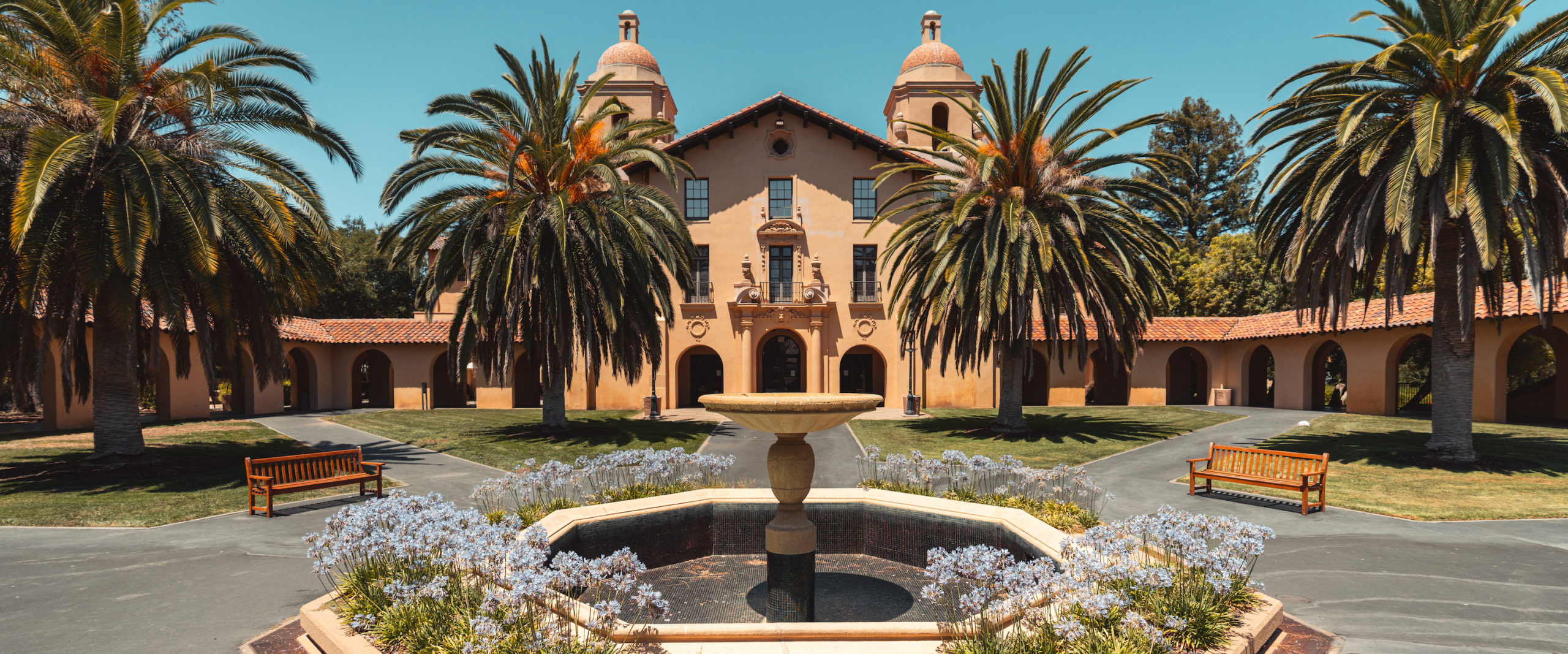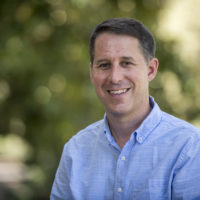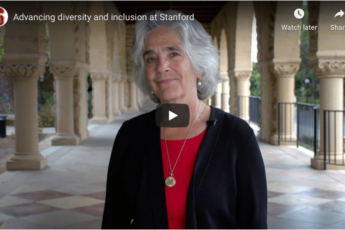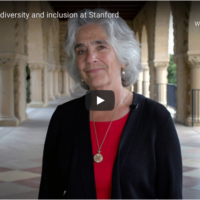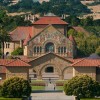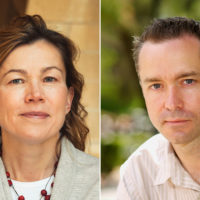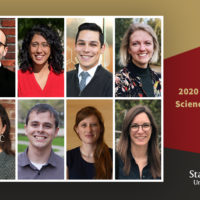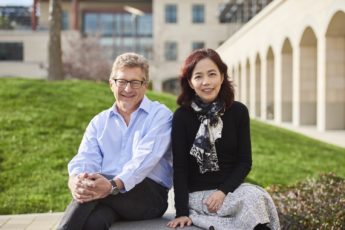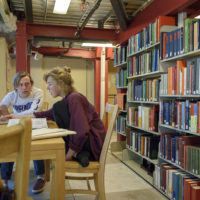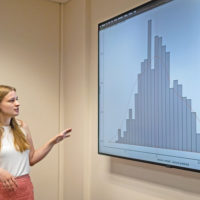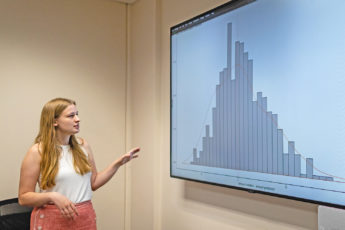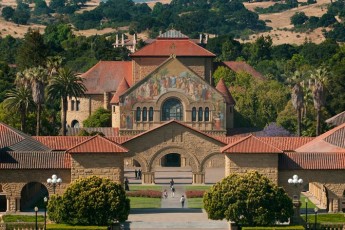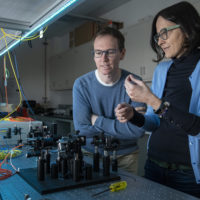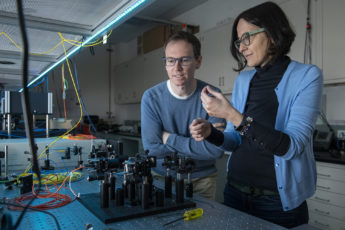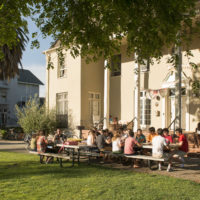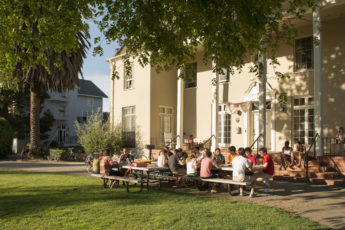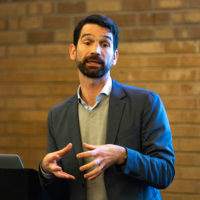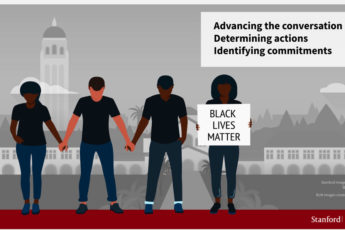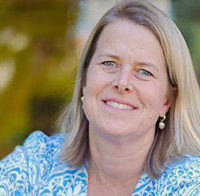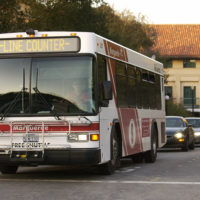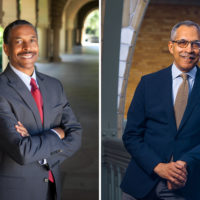Stanford’s Long-Range Vision focused on accelerating university impact
Initiatives that arose out of the university’s Long-Range Vision have been making progress toward the goal of accelerating Stanford's impact in the world. That includes launching new programs to address urgent challenges and expanding our excellence in research and education.
The university’s Long-Range Vision launched in May 2019 with a goal of accelerating Stanford’s purposeful impact in the world. Although many of the initiatives have shifted priorities as a result of the COVID-19 pandemic, collectively they remain focused on accelerating solutions to the world’s most pressing problems, enhancing our knowledge of the world and ourselves, advancing education for our students and supporting our diverse community of faculty, students and staff.
The initiatives that are part of Our Vision amplify Stanford’s contributions through a new model for research universities: not only accelerating the creation of knowledge, but also eliminating the lag time in translating that knowledge into solutions and speeding the transfer of those solutions beyond our walls.
This isn’t the first time Stanford has made strategic decisions to meet a moment. Starting in the 1950s, a focus on “Steeples of Excellence” triggered Stanford’s emergence as a world leader in fundamental research and scholarship. Then, in the 1980s, Stanford focused on enhancing and rethinking undergraduate and graduate education and the experience of students on campus. And starting in the early 2000s Stanford broke down the old barriers between academic fields of study with institutes and centers that advanced discovery at the intersection of disciplines, in the process creating a new model for interdisciplinary learning and scholarship.
Our Vision is the latest evolution of the university’s priorities, one that builds on our academic and educational excellence and leverages a culture of interdisciplinary problem solving to accelerate and scale solutions for urgent challenges facing our health, society and the planet.

